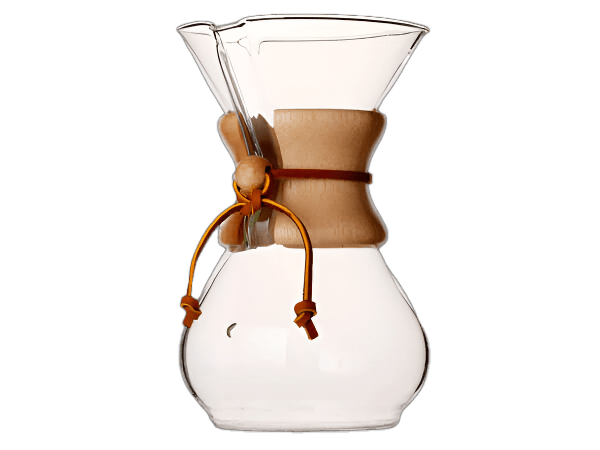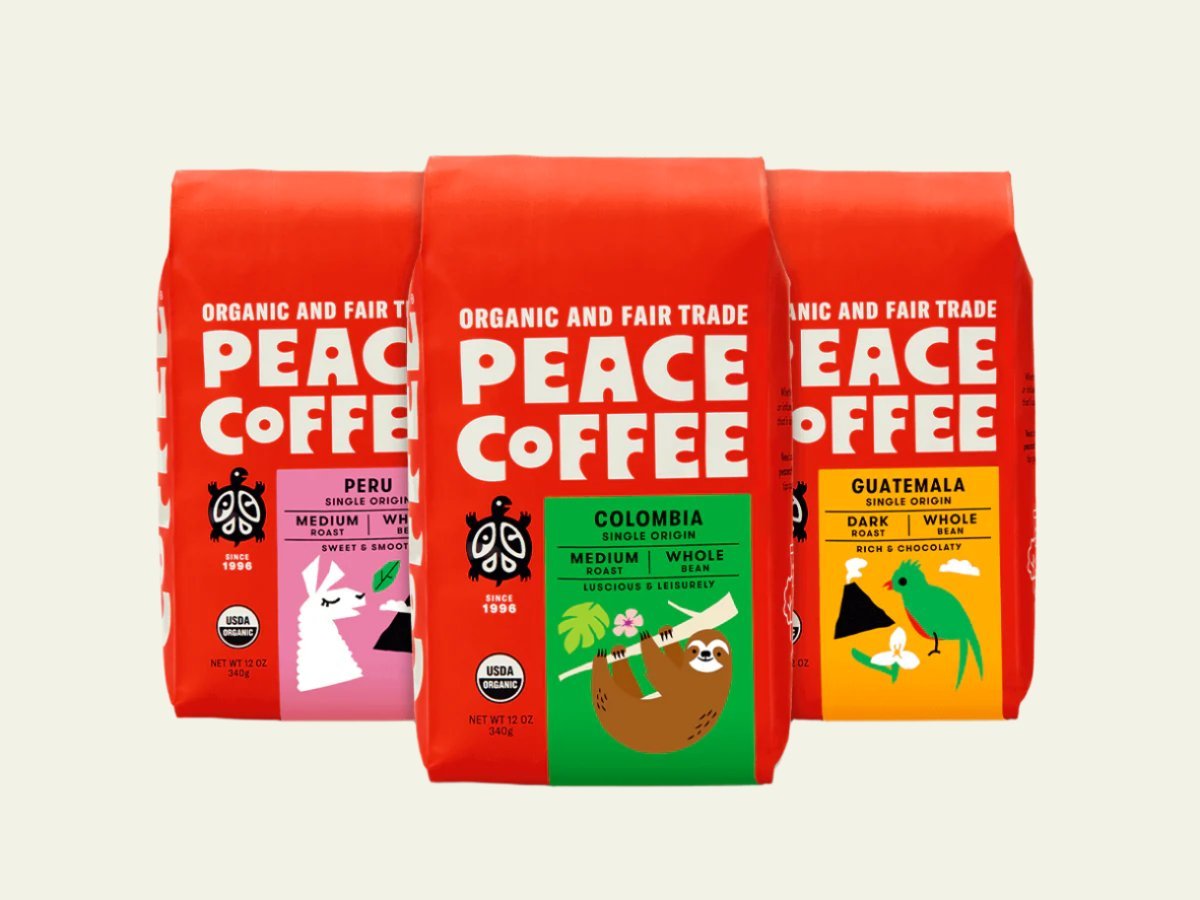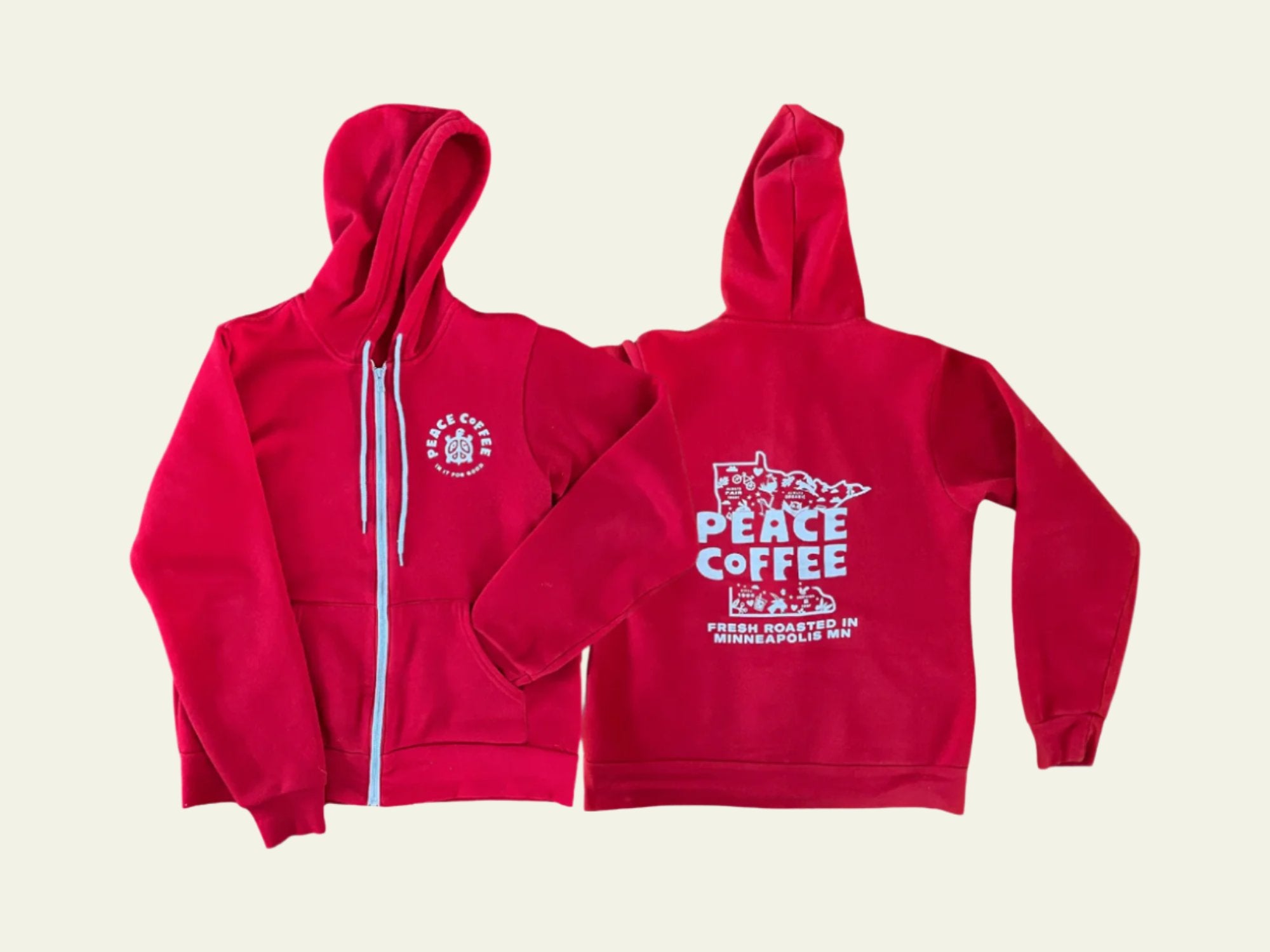Q: How much coffee should I use per cup of coffee?
This is a tough one to answer quickly, because no two coffee brewer manufacturers can agree on what a "cup" means, and none of them are a standard US "cup" (aka 8 fluid oz or half a pint), and all of them are substantially smaller than what most coffee drinkers today consider to be a "cup of coffee."
What most coffee drinkers can agree on is that when we talk about "a cup of coffee" it's something that looks like this:

And most mugs of this shape are around 10 fluid oz, or 300 mL if you're a metric-lover like me. We recommend using 18g of coffee for each of this type of mug, which translates to about 2 heaping tablespoons of whole bean coffee.
Q: What's the best way to brew coffee?
The best way to brew coffee is the way that you like to and makes enough coffee for you and your household. Coffee extraction can be done in dozens of different ways, but all it amounts to is steeping coffee grounds in hot water and removing those grounds after a certain amount of time. You can brew a delicious cup of coffee using a saucepan, a sock, and a hammer. I don't recommend it because it's incredibly inconvenient, but it is possible!
Finding a way that produces delicious coffee might not be worth it if it's too finicky or fussy for you, or alternately, a convenient way of brewing coffee might not be worth it if it produces a drink you don't like drinking. No one solution's right for everyone. If there were, we'd all just be using that all the time instead of having dozens of different brew methods out there. There's a big exciting world of coffee brewers out there, so if your current setup isn't cutting it, it's always fun to explore! Check out our brew guides for inspiration.
Q: Is it true that lighter roasts have more caffeine?
Maybe? But probably not.
This belief that light roasted coffee contains more caffeine comes from a notion that at high temperatures inside a roasting drum when coffee is roasted to a darker color caffeine can evaporate inside the drum. While it's true that the roasting drum gets hotter than the evaporation point of caffeine, not a lot of caffeine will evaporate inside of a roaster. It'll remain plenty caffeinated after roasting. Consider water, which evaporates at 212°F. If you put a gallon of water into a 450° oven for half an hour, does the water completely evaporate? Of course not. Some does, but not even remotely all of it will. The most significant impact on caffeine content in coffee is the biology of the plant: what species it is and how it was grown, not how it was roasted.
What is very true is that lighter roasted coffee is denser than darker roasted coffee, so if you're using the same scoop for your light roast and your dark roast brews, you'll end up using more coffee in your light roast brew. This will have more of everything (caffeine included) in your final beverage. This is part of why we recommend brewing by weight whenever possible because using the same amount (by weight) of coffee every time will give you a much more consistent final beverage.
Q: Are burr grinders really that much better?
Imagine two people following a recipe for roasted potatoes. Ms. Burr cuts her potatoes into even-sized chunks before putting them into the oven. Mr. Blade haphazardly hacks away at his potatoes, resulting in some pieces that are the size of a pea and some that are barely smaller than a whole potato. They both roast the potatoes at the same temperature for the same amount of time. Ms. Burr's potatoes all come out with perfect crispy exteriors and pillowy interiors. Mr. Blade's potatoes are a mess, with the smaller pieces burning to a crisp and the bigger pieces still being raw inside. Whose potatoes would you rather eat?
This is exactly what goes on inside burr grinders and blade grinders. Blade grinders smash into coffee beans repeatedly, shattering them into all kinds of different sizes. Burr grinders precision cut them into very specific-sized pieces in a narrow size range. Just as potatoes can over or undercook, coffee grounds can over or under-extract, either not getting enough flavor in your brew or getting some bitter and acrid or otherwise undesirable flavors in. If you're gonna splurge on something in your coffee setup, get yourself a nice grinder. Your tastebuds will thank you. Check out our fave burr grinder!
Q: I only really like dark roasts / light roasts / decaf / cold brew / coffee with lots of cream and sugar / PSLs. Am I a bad person?
Yes, I’m sorry, you are. For absolution, say ten Hail Melittas and five Our French Presses
I’m kidding. Of course, you’re not a bad person! There’s far too much shaming in the coffee world about how drinking incredibly strong black coffee that’s been roasted and brewed a certain way is the only “proper” way to drink it. How you drink coffee is not the same way I might, but that’s okay. I’m not trying to shame you. I want you to live a fun and delicious life, and if that’s drinking PSLs year-round, then you do you, friend! Just maybe consider making them with Peace Coffee :)






